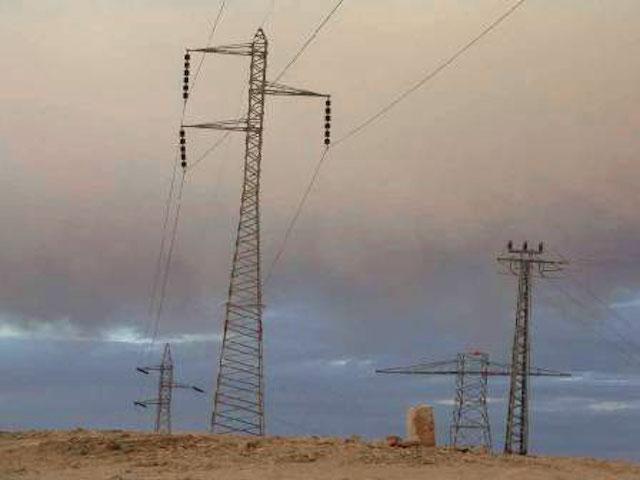On July 25th, Israel will witness a transformative shift in its electricity sector, as a groundbreaking reform led by Minister of Energy and Infrastructure Eli Cohen comes into force. This landmark change will enable 3.1 million electricity consumers in Israel to switch their electricity accounts without needing a smart meter, effectively dismantling the long-standing monopoly of the Israel Electric Corporation (IEC).
A Monumental Shift in the Power Landscape
In a move poised to disrupt the electricity market, Minister Cohen announced this reform at a press conference, launching a widespread publicity campaign to ensure maximum awareness. This reform is not just a policy change; it is a bold step towards greater consumer choice, market competition, and significant cost savings.
New Players in the Electricity Market
Several private companies, including Electra Power, Amisragas, Cellcom, Partner, Hot, Bezeq, and Pazgaz, have already started acquiring customers among the approximately 900 households equipped with smart electricity meters. These early adopters have reported savings of up to 20% on their monthly electricity bills, a testament to the potential benefits of this reform. Previously, the 2.2 million customers with outdated meters were stuck with the IEC's fixed tariff of NIS 0.6145 per kilowatt hour, including VAT. Now, the door is open for them to explore more competitive rates.
The Advantage of Smart Meters
Although consumers can now switch suppliers without a smart meter, those with smart meters will enjoy the most significant savings. Unlike traditional meters, smart meters provide detailed, half-hourly data on electricity usage, allowing for more precise billing and opportunities to optimize power consumption. This data is transferred daily to both the supplier and Noga - Independent System Operator Ltd., which manages Israel's power grid.
According to RiseUp, an Israeli fintech company, the average annual electricity expenditure per household is approximately NIS 8,400. Despite the potential for savings, only 6% of RiseUp's financially savvy customers have switched suppliers since the reform's inception. Among a sample of 500 families who did switch, the average monthly saving was an impressive 30%, highlighting the advantages of more competitive rates and smarter consumption habits.
Consumer Awareness and Adoption
While the reform has been in effect for those with smart meters for 18 months, a survey by RiseUp revealed that 43% of over 6,000 respondents were unaware of it. Additionally, 50.22% felt they lacked sufficient information to consider changing suppliers. Awareness about smart meters also remains low, with 27% knowing they had one, 35% certain they did not, and 30% unsure.
Benefits of Changing Consumption Patterns
The competition among private companies focuses on encouraging consumers to shift their electricity usage to off-peak hours. This strategy not only reduces costs for consumers but also benefits the national grid by balancing demand. Even without a smart meter, consumers can achieve some savings, though the most substantial discounts will come with smart meter installation. IEC is accelerating the rollout of smart meters, aiming for completion by 2028, with an option for immediate installation at a cost of NIS 234.37, though there is a waiting period of up to 120 days.
Choosing the Right Supplier
New electricity suppliers offer varied terms, including different discount rates and applicable times of day. Consumers must select a company that best matches their consumption patterns to maximize savings.
All consumers enabled to switch electricity supplier: From July 25, even customers without a smart meter can leave Israel Electric Corporation for a different supplier. https://t.co/vfgWC1X91T Globes pic.twitter.com/nNzTmCsAj6
— Jewish Community (@JComm_NewsFeeds) July 21, 2024
Minister Cohen’s Vision
"This is the biggest reform in the Israeli economy since the mobile telephony reform," declared Minister Cohen. "We are breaking the monopoly of Israel Electric Corporation, opening up the power supply sector to competition, and saving citizens NIS 3 billion."
In summary, this reform marks a historic shift towards a more competitive and consumer-friendly electricity market in Israel, promising substantial savings and greater choice for millions of households.


